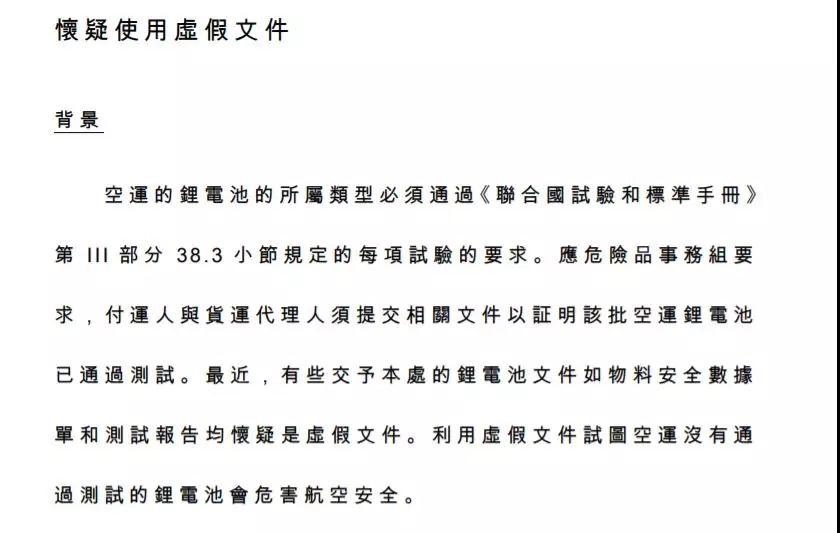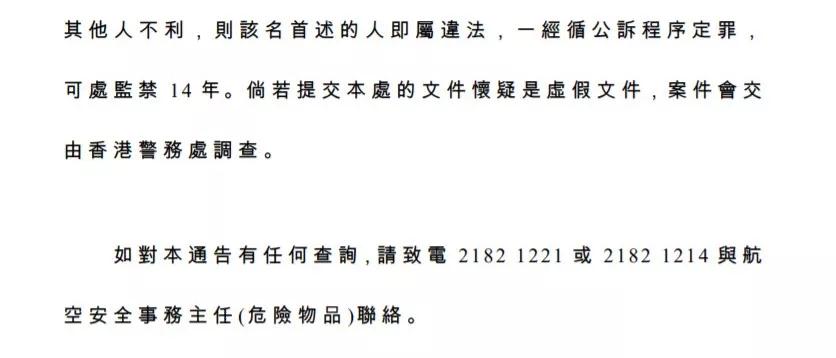What is the meaning of operating a dangerous product over 100WH?
- Author:Holmes
- Source:DarrenThinker
- Release Date:2019-11-14
What is the meaning of operating a dangerous product over 100WH?
This question contains 2 points.
WH value exceeds 100 and operates according to dangerous goods,
Here are the texts from these two aspects!
1.WH exceeds 100.
A. First need to know how to calculate the WH value of the battery!
1). If the nominal voltage V and the nominal capacity Ah of the lithium battery are known,
Calculatable available energy value WH=V*Ah
2). If the lithium battery is only marked with milliampere mAh,
This value can be divided by 1000 to obtain an ampere hour Ah.
The nominal voltage and nominal capacity are usually marked on the lithium battery.
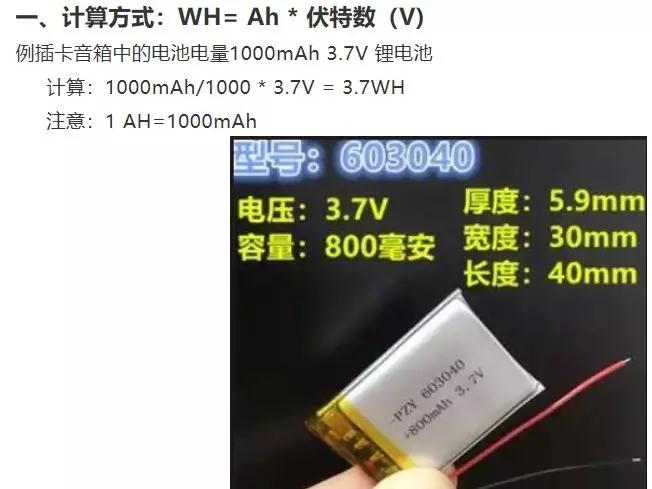
B. Among the six types of battery goods in the freight forwarding industry,
Look carefully at the circled figure
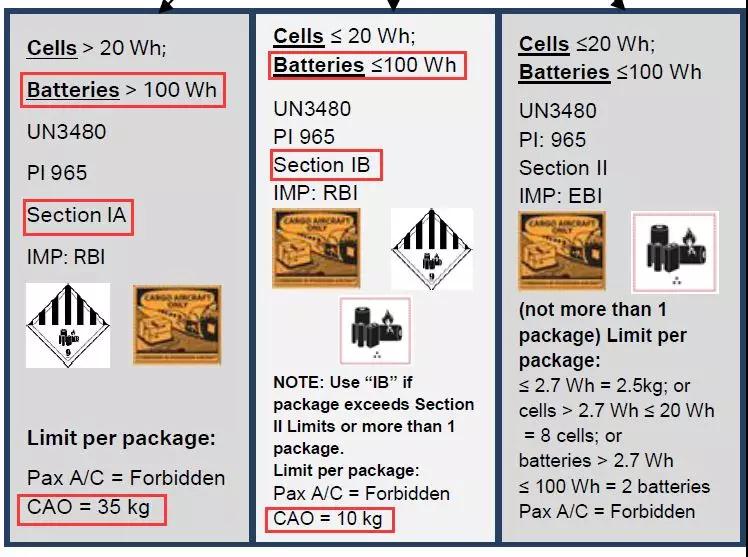
IATA has identified the PI965 cargo as DG Dangerous Cargo, a dangerous goods; divided into two types,
IA power exceeds 100WH,
IB power is less than 100WH;
We often come across mobile power, pure lithium batteries, electric vehicles, scooters, balance cars, solar power systems, etc.
The current IA and IB shipping requirements are as follows:
1IA power exceeds 100WH and needs to be packed in UN carton, and the single piece does not exceed 35KG. The UN carton is as follows:
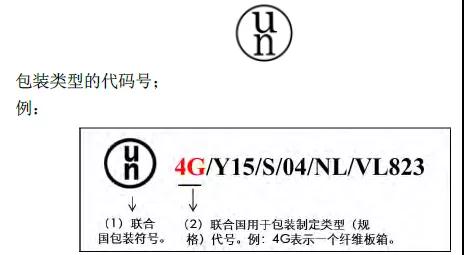

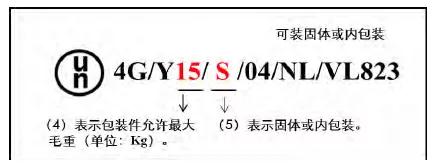
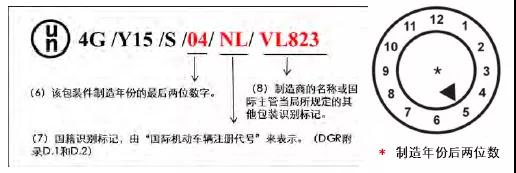
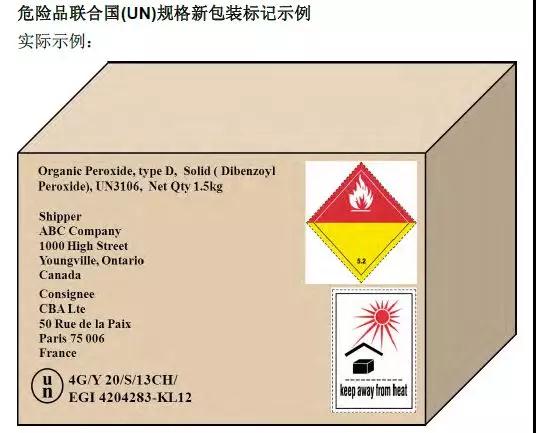
2IB power is less than 100WH, it can be used in ordinary carton, but the single piece does not exceed 10KG.
2. Operate according to dangerous goods.
Dangerous goods generally refer to all items or substances that pose a risk to health, safety, property or the environment when transported by air. The International Civil Aviation Organization (ICAO) classifies these dangerous goods into the following nine categories:
Category 1 Explosives (Explosives)
Class 2 gas (Gases)
Class 3 Flammable Liquids
Category 4: Flammable Solids; Substances Liable to Spontaneous Combustion; Substances which, incontact with Water, Emit Flammable Gases
Class 5 Oxidizing Substances and Organic Peroxides
Category 6 Toxic and Infectious Substances
Class 7 Radioactive Materials
Class 8 Corrosive Substances
Class 9 Miscellaneous dangerous substances and articles
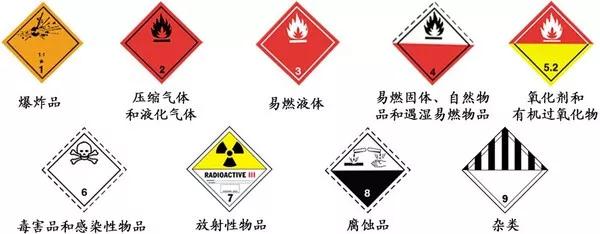
Operate according to dangerous goods
A. The airline that first holds the dangerous goods permit
List of Operators Holding Permission For Carriage of Dangerous Goods In AircraftTo, From or Over Hong Kong, Total: 103.
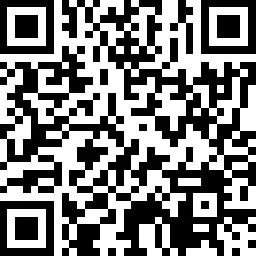
103 airlines
B. Regulations to be followed in handling or air cargo consignment
Shippers and freight forwarders are required to comply with the Dangerous Goods (Air Consignment) (Safety) Regulations of the Laws of Chapter 384 of the Laws of Hong Kong.
Under the Regulation, the shipper (ie the shipper and the freight forwarder) must ensure that all dangerous goods have been properly sorted, packaged, marked and completed in order to be checked by air. Anyone who violates this regulation may be fined $250,000 and imprisoned for two years. If a company violates this Ordinance, under section 5 of Cap 384 of the Laws of Hong Kong, a company director and every company manager can be convicted of the same offence. Therefore, as a director and manager, you must try to supervise your employees to prevent crimes.
Even if your company does not handle dangerous goods in person during the delivery of dangerous goods, if it is a third party responsible for handling or providing related services, such as overseas suppliers or producers of dangerous goods, you need to Take legal responsibility. As a dangerous goods consignor, even if you are not the manufacturer or supplier of the dangerous goods, you still need to violate other people's laws and regulations such as the Dangerous Goods (Air Consignment) (Safety) Regulations of Chapter 384 of the Laws of Hong Kong. And bear legal responsibility. Therefore, you must take precautions to ensure that the condition of the dangerous goods you ship is suitable for air transportation.
If you are not sure whether the consigned goods are dangerous, you can contact the supplier or manufacturer of the goods to obtain a Material Safety Data Sheet (MSDS), which should describe the physical properties of the material. And chemical properties. Then contact your freight forwarder or airline to ask for their advice and ask them to make special arrangements if needed.
Under no circumstances can you provide false information about the goods or check them before you know the dangers of the goods. False dangerous goods declarations, incorrect packaging and improper handling of dangerous goods can be prosecuted and fined $250,000 and imprisoned for two years.
C. Documents required for the carriage of dangerous goods by air
According to the Dangerous Goods (Air Consignment) (Safety) Regulations of the Laws of the Law, Chapter 384 of the Laws of Hong Kong, the dangerous goods are required to be filled in the air waybill and the dangerous goods transport document, that is, Shipper's Declaration for Dangerous Goods. If the product is a product specified in the Technical Directive that does not require the transport of dangerous goods, the document is not required. The Shipper and Freight Forwarder are required to keep the air waybill and dangerous goods transport documents for at least six months.
D. Shipper's Declaration for Dangerous Goods
Section 7 of the Dangerous Goods (Air Consignment) (Safety) Regulations in Chapter 384 of the Laws of Hong Kong provides that only persons who have completed the training of dangerous goods in the Technical Instructions within 24 months may sign dangerous goods transport documents. That is Shipper's Declaration for Dangerous Goods. Those who sign the document without training can be prosecuted and fined $25,000 and imprisoned for six months.
E. Violation of the Dangerous Goods (Air Consignment) (Safety) Regulation
The shipment of undeclared or misreported dangerous goods constitutes a violation of section 384A of the Laws of Hong Kong and the shipper and/or freight forwarder involved may be prosecuted. Upon conviction, a fine of $250,000 and imprisonment for two years. For shippers and freight forwarders involved in dangerous goods accidents, the Department may also step up monitoring and impose additional inspection requirements. The relevant company must also provide remedial action plans to the Department and take appropriate measures to prevent the accident from happening again.
